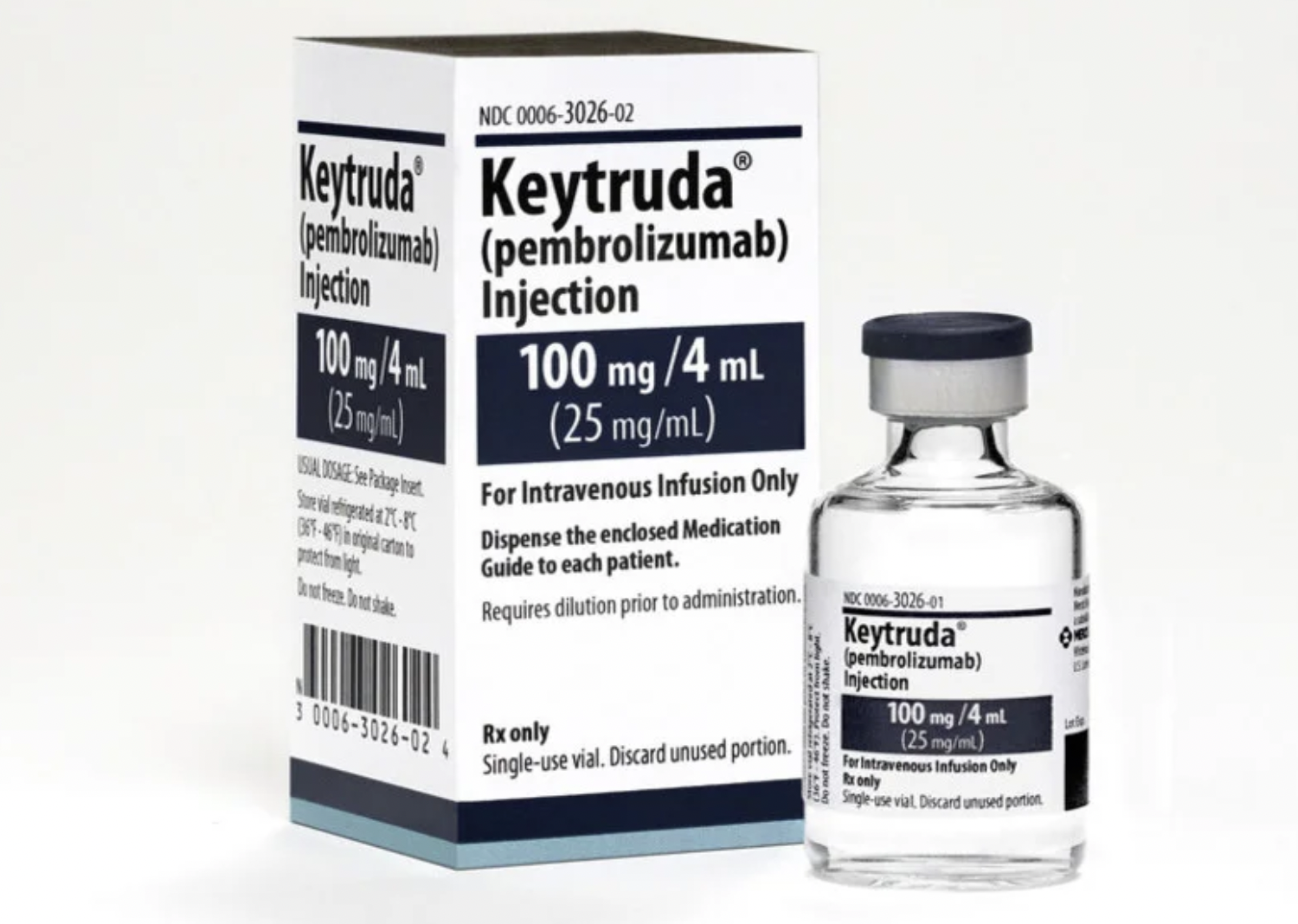In full transparency, the following is a media release from Sen. Elizabeth Warren’s office. She was elected by voters in the Commonwealth of Massachusetts to serve the state in Washington DC in the US Senate. She is a Democrat. (courtesy photo)
***
[broadstreet zone=”53820″]
WASHINGTON DC – United States Senators Elizabeth Warren (D-Mass.) and Bernard Sanders (I-Vt.) and Representatives Pramila Jayapal (D-Wash.) and Katie Porter (D-Calif.) sent a letter to the United States Patent and Trademark Office (USPTO), urging the agency to give close scrutiny to any of Merck’s requests for new patents for Keytruda, a biological treatment used to treat cancer, citing new reports about Merck’s ongoing abuse of the patent system to protect its monopoly on the drug. Senator Warren and Rep. Jayapal wrote to the USPTO in December regarding their concerns about the pharmaceutical industry’s broad use of anti-competitive practices that raise costs for patients and families.
“Should the USPTO approve new patent applications for the drug, biosimilar competitors could be shut out of the market until 2036, giving Merck a total period of nearly 35 years of patent protection for Keytruda – monopoly protection that extends well beyond the intent of the Drug Price Restoration and Patent Term Restoration Act (Hatch-Waxman) and the Biologics Price Competition and Innovation Act,” wrote the lawmakers.
[broadstreet zone=”99032″]
Keytruda was first approved in 2014 and quickly became Merck’s biggest seller, bringing in $5.4 billion in sales in the third quarter of 2022. The pharmaceutical giant has aggressively used the patent system to protect its monopoly on this drug and is now attempting to patent a new formulation of Keytruda that can be injected under the skin, raising concerns that these anti-competitive business practices will ultimately result in significant financial strain for patients.
“If approved, Merck’s patent application for its subcutaneous formulation of Keytruda could shield the drug from competition for many years,” wrote the lawmakers. “This approach – and Merck’s use of dozens of patents to fend off Keytruda competitors – appear to be an example of the anti-competitive business practices, including double-patenting, patent thicketing, product hopping, and evergreening, that I have long been concerned about.”
[broadstreet zone=”59948″]
The lawmakers are urging USPTO to give close scrutiny to any of Merck’s future requests for additional patents for Keytruda and further reject any that fail to meet the agency’s mission to ensure the “system as a whole does not unnecessarily delay getting generic, biosimilar and more affordable versions of those drugs into the hands of Americans who need them.”
“Abusive patent practices reduce competition and result in significant financial strain for patients,” concluded the lawmakers. “The non-discounted annual price of Keytruda is $165,308, and that price has increased 147% in the five years since Keytruda was launched – in large part because of limited competition.”
[broadstreet zone=”59983″]

